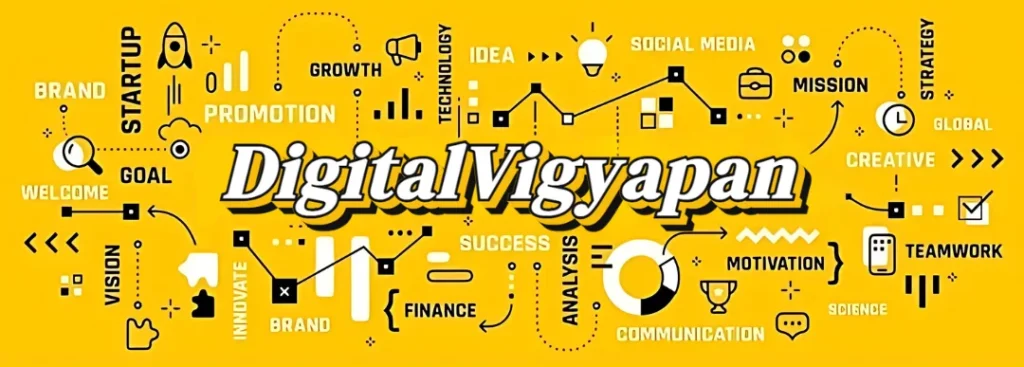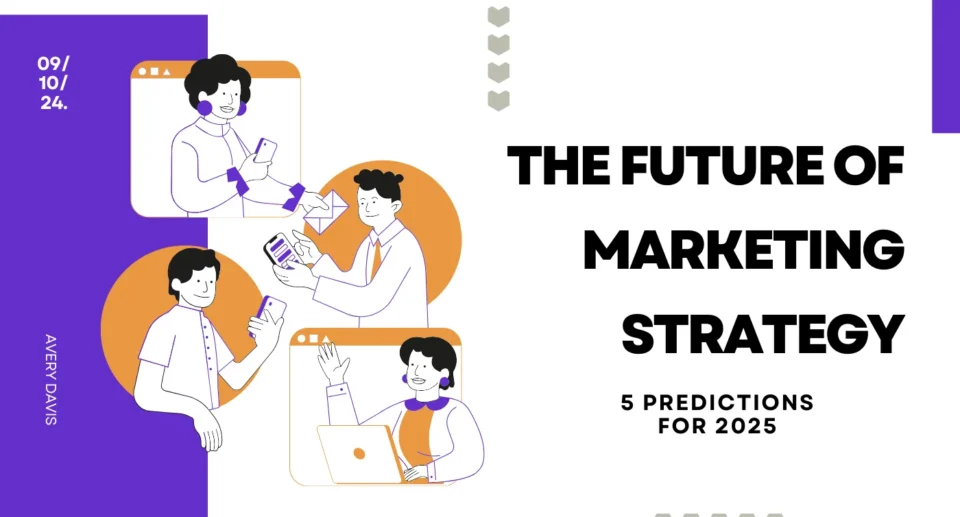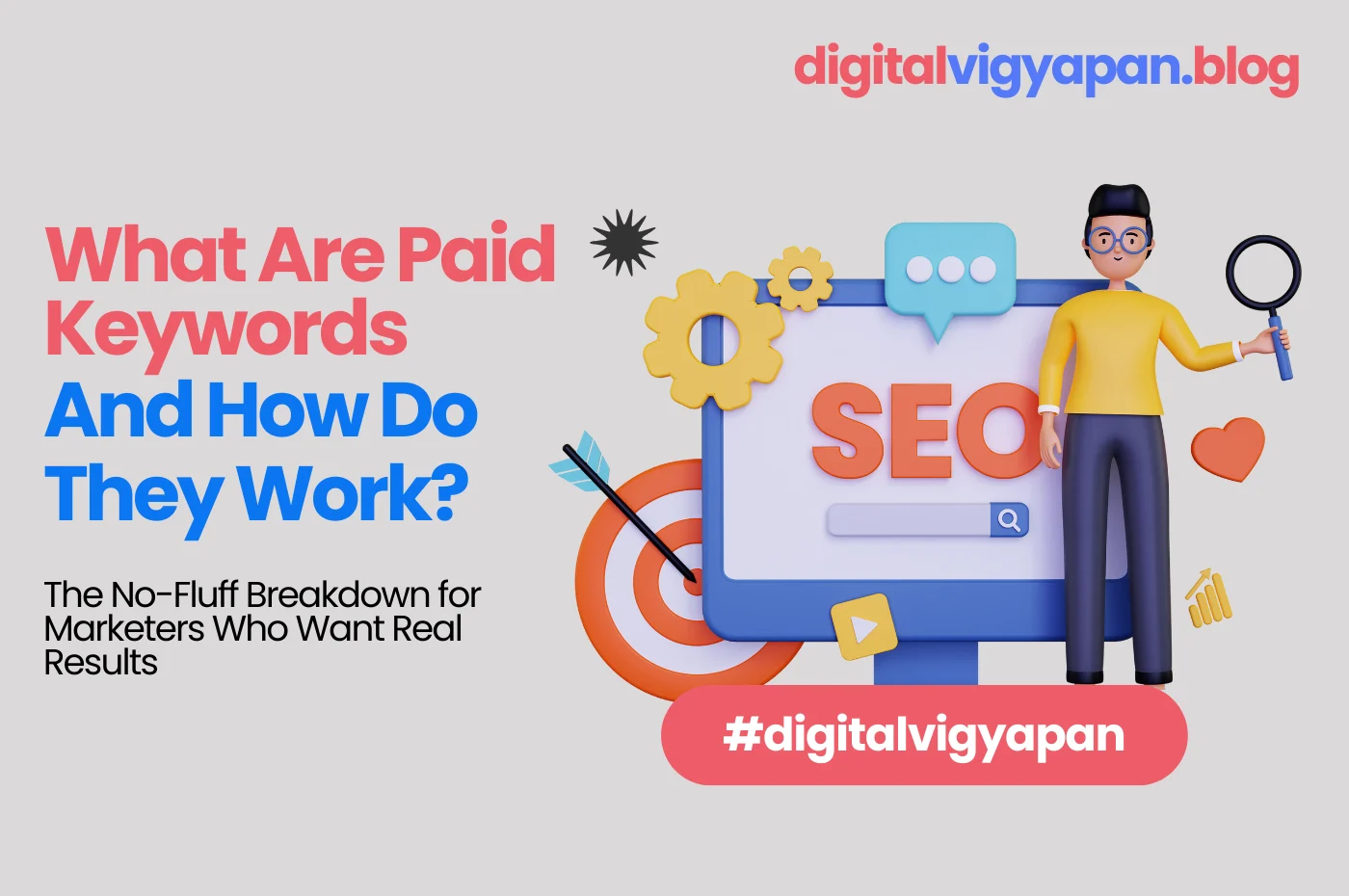10 Benefits of SEO for Your Business (That Go Beyond Just Rankings)
Jay Pathak
- May 9, 2025
- 5 Min Read

Let’s get one thing straight — SEO isn’t just about getting to the top of Google. Sure, that’s the flashy headline. But underneath the surface, search engine optimization does a lot more for your business than just driving clicks.
Whether you’re running an early-stage startup, a bootstrapped eCommerce store, or a full-fledged B2B SaaS, SEO is one of the smartest long-term investments you can make in your digital growth strategy.
So instead of tossing around vague jargon, let’s break down exactly what SEO does — in plain English — and how it helps your business not just rank, but scale.
1. Organic Traffic = Consistent, Scalable Growth
This is the obvious one — but still worth mentioning first.
SEO helps your website show up when people are actively searching for something you offer. These aren’t cold leads. These are people with intent — already halfway down the funnel.
Unlike paid ads, which stop the moment you pause spending, SEO keeps bringing traffic in while you sleep. A single blog post, optimized properly, can drive traffic (and leads) for months or even years.
In a world where attention is currency, that kind of passive discovery is gold.
2. Builds Long-Term Brand Authority
Anyone can throw money at Google Ads and show up for a week. But consistently ranking high in organic search? That tells your audience you know your stuff.
Think about it: when you Google something and the same website shows up across multiple searches — reviews, comparisons, tutorials — you start trusting them. That’s not an accident. That’s content + SEO + consistency.
SEO helps you earn credibility over time, not just in Google’s algorithm, but in the minds of your audience.
3. Higher Quality Leads (Because Intent > Interruption)
Let’s compare two people:
- One is scrolling Instagram and sees a random ad.
- The other Googles “best CRM tools for small business” and clicks your blog.
Who’s more likely to convert?
SEO leads are warmer because they’re user-initiated. These people are already looking for information, solutions, or products — you’re not interrupting them, you’re answering them.
That’s the difference between attraction-based marketing (SEO) and disruption-based marketing (most ads).
4. Improves User Experience (and Google Loves That)
Modern SEO is as much about how your site feels as it is about what it says.
Google’s algorithm takes into account:
- Page speed
- Mobile-friendliness
- Navigation
- Bounce rates
- Time spent on page
So when you’re investing in SEO, you’re also investing in a faster, more usable website — one that doesn’t just rank better, but converts better.
Because let’s be honest — no one sticks around on a janky site, no matter how good the content is.
5. Helps You Understand Your Customers Better
One of the most underrated benefits of SEO is the data you get.
By tracking what keywords people are using to find you, what pages they stay on, what blog posts drive the most clicks — you get a direct window into your audience’s questions, problems, and interests.
That insight doesn’t just help SEO. It helps sales, content, product development — every part of your business that touches the customer.
6. Supports Every Stage of the Funnel
SEO isn’t just for discovery. A strong SEO strategy maps content to each step of the buyer’s journey.
- Top of Funnel (TOFU): Informational content like “What is SEO?”
- Middle of Funnel (MOFU): Comparison posts, “Best SEO Tools for Small Businesses”
- Bottom of Funnel (BOFU): Product pages, case studies, testimonials
This means SEO can help nurture leads from curiosity all the way to conversion — without relying on expensive retargeting or constant ad pushes.
7. Cost-Effective Compared to Paid Media
Don’t get us wrong — we love a smart paid campaign. But the moment you stop spending, the traffic stops too.
With SEO, the cost per lead drops over time. Yes, it takes time and effort upfront (content writing, on-page optimization, technical audits), but once your pages rank, the traffic is essentially free.
It’s like compounding interest — slow at first, then unstoppable.
8. Gives You a Competitive Edge
Let’s say you and your competitor sell the same product.
They rely only on ads. You run ads and have a blog that ranks for key search terms. You show up organically on page one, while they pay for every visit.
Over time, you’ll build a larger audience, get more backlinks, and reduce your cost of acquisition. All because you invested in being found instead of just being placed.
9. Local SEO Drives Foot Traffic (Not Just Website Clicks)
If you’re a brick-and-mortar business, SEO isn’t just about digital dominance. It’s about getting people through your door.
Local SEO tactics — like optimizing your Google Business Profile, getting reviews, using location-based keywords — help you show up when someone nearby searches:
“coffee shop near me”
“best salon in Andheri”
“digital agency in Delhi”
That’s not random traffic. That’s action-ready, local intent — and SEO gets you there.
10. SEO Is Measurable (And Honest)
Unlike traditional marketing where ROI is fuzzy, SEO gives you real numbers:
- Which keywords bring in traffic
- Which blog posts drive leads
- Where you’re ranking vs competitors
- How your traffic improves over time
You don’t have to guess what’s working. You can measure it, tweak it, and improve it with precision.
And that level of honesty in marketing? Rare. And extremely valuable.
So… Is SEO Really Worth It in 2025?
Short answer: Yes.
Longer answer: Only if you’re patient and strategic.
SEO isn’t magic. It’s not instant. But it is sustainable, powerful, and brand-building.
If you’re playing the long game — if you want leads, trust, visibility, and a lower cost per acquisition — SEO is your move.
The best time to invest in it? A year ago.
The second-best time? Now.






